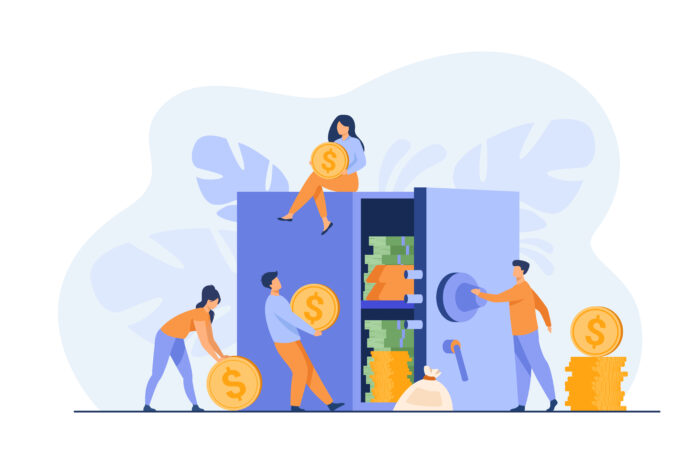SAFE rounds have long been touted as a founder-friendly structure for signing venture deals. But is it really fair to call them that?
One round SAFE, or Simple Agreement for Future Equity, is a legally binding agreement between investors and a startup that gives investors the right to receive shares in the future. It looks a lot like a convertible note, but it is not debt. It combines the benefits of listed equity rounds and convertible notes.
A cross-section of VCs and founders asked in a recent survey about how they feel about SAFE rounds in this current tougher fundraising market, with power largely left to investors, they commented that while both groups defended the deal structure in the early stages and capital raises between formal rounds, founders seemed less enthusiastic about SAFEs overall.
Isn't it a little strange to doubt something that is supposedly good?
The SAFE structure can definitely be beneficial for founders. A SAFE with no valuation cap allows founders to have significantly more control over pricing, is quicker to close if you need quick cash, and costs less in legal fees.
But there are some things about this deal structure that require some thought. Is a model that is faster and comes with less legal oversight really better for founders who may be taking money for the first or second time, compared to a VC who watches deals all day? In fact, there are several drawbacks to SAFE rounds that can work against founders in the future.
For one thing, when a company's valuation isn't decided up front, founders may find themselves giving away more capital than they planned. Responses to a question exploring this dynamic in our survey were illuminating: All of the VCs said they understood what their stake would turn out to be, but the founders weren't as confident.
Zach Blank, founder and CEO of DTC delivery service Rush, said it's very easy to get caught giving more capital to investors than intended during the process.
“There is a significant disadvantage for a company (and its founders/employees) in a SAFE,” he said. "While it's great to get investment when you can't determine the price, you have to be careful of 'traps' in the next round."
He added that some scenarios result in the initial group of investors taking a larger portion of capital than the founder intended, reducing room for new investors as the company continues to grow. This hurts the founding team much more than it does the existing investors.
Blank wasn't the only founder to express concern about this. Vishwas Prabhakara, CEO and founder of home maintenance startup Honey Homes, said his company raised a SAFE note for its first round, but he didn't even consider that route for its Serie A because he was worried about what adding SAFE rounds to his cap table would mean.
While a messy cap table probably wouldn't have stopped an investor from investing in any startup in 2021 (or, for example, any AI startup right now), they might now be more cautious in a slower market as investors They are more demanding about who they support.
Additionally, while the basic structure of the SAFE agreement may be simple, these agreements can definitely contain side letters and investor protections, some of which can be predatory, such as liquidation preferences, as in any other type of agreement.
There is also an imbalance with such agreements. While we can assume that most investors will stay before their capital is converted, a SAFE also creates a less formal and more flexible bond between founders and investors.
Mar Hershenson, managing partner at Pear VC, highlighted one of the benefits of a SAFE round: fewer liabilities for investors because they don't become shareholders and take a seat on the board. She added that one of the reasons founders prefer SAFEs is because they also make it easier for companies to raise funds from small stakeholders.
When things are going well, neither of those factors will be a problem, but that can change when the weather takes a turn for the worse. Last summer, we posted about how early-stage companies felt abandoned by their backers because they were raising from multiple investors at once. No one took a seat on the board in those rounds, so no one felt obligated to help them.
Finally, it's hard to understand the argument that founders can't raise rounds priced without revenue because it would be too difficult to calculate a valuation. On what scientific evidence and concrete facts were the assessments based? In 2021, most ratings were based solely on vibes and FOMO (Fear of missing out, fear of letting go). Even in today's most standardized market, there is no standard formula.
Valuations have to do with what a buyer would pay for the shares being sold, not the burn rate multiplied by income divided by the founder's pedigree.
It's understandable why SAFEs are popular, but just not the mantra that they will be used frequently because they are founder-friendly. Sure, they can be, but are they really better for founders than any other structure? It's not very safe.




